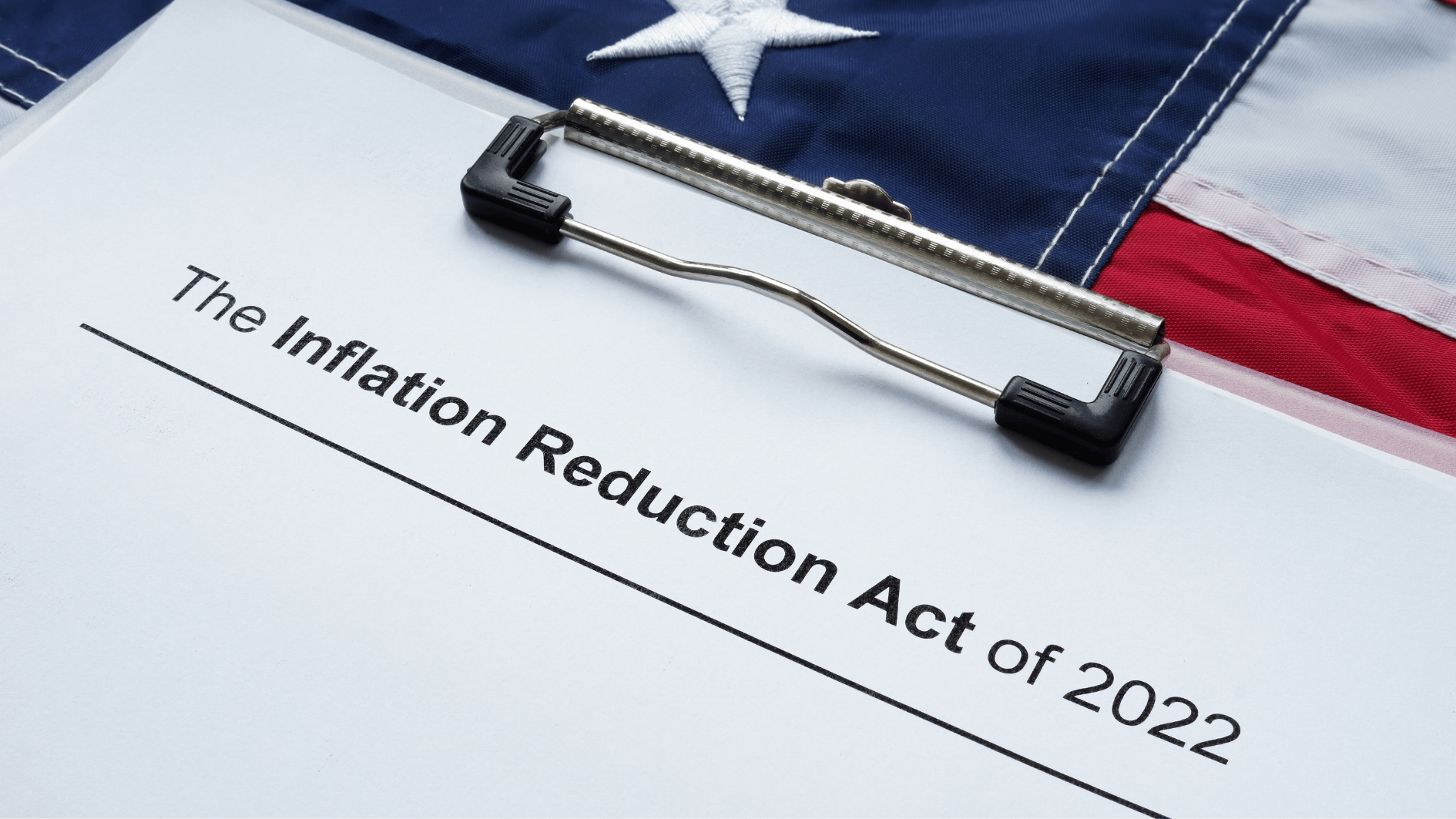Image source: Canva.com
The Inflation Reduction Act (IRA) is a major piece of legislation that was signed into law by President Joe Biden in August 2022. Here are some key details about the Inflation Reduction Act.
Purpose of IRA
The primary goal of the IRA is to address inflation and climate change through a variety of measures focused on reducing costs for consumers, investing in clean energy, and lowering the federal deficit.
The Inflation Reduction Act includes significant provisions to boost solar energy and energy storage adoption across residential, commercial, and utility-scale sectors. For residential projects, it extends the 30% personal tax credit for rooftop solar installations with a step-down beginning in 2033 and includes standalone storage systems of at least 3 kWh capacity. Additionally, it offers a 30% tax credit for energy efficiency home improvements like heat pumps, with annual caps, and allocates $9 billion in rebates for home electrification and weatherization.
In the commercial and utility-scale realm, the Act increases the Investment Tax Credit (ITC) to 30% for solar projects commencing construction before 2025, with standalone storage also qualifying. Alternatively, a Production Tax Credit (PTC) of $0.026/kWh is available, along with bonus credits for meeting domestic content requirements, siting in energy communities, or low-income areas. Both the ITC and PTC become transferable, with a direct pay option for certain tax-exempt entities.
In the manufacturing sector, the Act allocates $10 billion for an advanced manufacturing production tax credit and introduces production-based tax credits for domestic manufacturing of solar panels, cells, wafers, inverters, trackers, and batteries.
Furthermore, the Act includes funding for transmission, rural electrification, electric vehicle incentives, and other clean energy programs, demonstrating a comprehensive effort to support the growth of the solar industry and energy storage technologies over the long term.
Estimated Impacts of IRA
The Congressional Budget Office estimates the IRA will reduce the federal deficit by over $300 billion over the next decade.
Independent analyses project the legislation could help reduce inflation by up to 1 percentage point.
The clean energy and climate provisions are expected to help the U.S. significantly cut greenhouse gas emissions by 2030.
Partisan nature: The IRA was passed along party lines, with only Democratic support in Congress. Republicans criticized various aspects of the legislation.
Overall, the Inflation Reduction Act represents a major legislative achievement for the Biden administration and Democrats, who view it as a significant step towards tackling inflation, climate change, and other economic priorities. However, its real-world impacts remain to be fully seen in the coming years.





